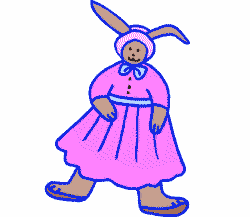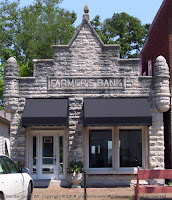Powerful "Moguls" of days gone by
 |
| Vintage image of a Mogul tractor from dok1 |
In 2013, the word "mogul" has a vaguely negative feel to it. We might speak of "shipping moguls" or "manufacturing moguls", meaning the powerful people who control those industries. But a hundred years ago, "mogul" was a positive word, often used as a brand name for powerful machines and equipment.
Mogul Motor Trucks were manufactured in St. Louis and in Chicago. The Mogul Street Sprinkling Truck was probably made by that company. And certain large locomotives were called moguls.
 |
| Mogul 1629 locomotive. Image by tkksummers. Gene Autry purchased this Mogul 1629 after it was retired from a long life of of service on the rails. It was used in several Western movies and shows. You may remember seeing it on "Gunsmoke" or "Wyatt Earp." |
I've written several times on this blog about the hard-working Mogul Wagons that were manufactured in Hopkinsville, KY from the 1870s through 1925. Production was halted by a fire that destroyed the factory, but the Forbes Brothers sold their remaining inventory of Mogul wagons, wheels, axels, and other parts for another 25 years.
Moguls didn't always live up to the promise of their name. The Mogul Steamship Company is mainly remembered for a court case in England that concerned it. The Mogul Mining Company was declared a poor investment by a financial adviser of 1920.
How to look and feel like a Mogul yourself? Just light up a Mogul cigarette! (Ugh. I have a feeling they were terribly strong.)
The following definitions are from a dictionary of the period, The Webster's Revised Unabridged Dictionary of 1913
Mogul \Mo*gul"\, n. [From the Mongolian.] 1. A person of the Mongolian race. 2. (Railroad) A heavy locomotive for freight traffic, having three pairs of connected driving wheels and a two-wheeled truck. Mogul \Mo*gul"\, n. A great personage; magnate; autocrat.
Related:
Mogul Wagons from Hopkinsville sold in Mississippi, North Carolina





















